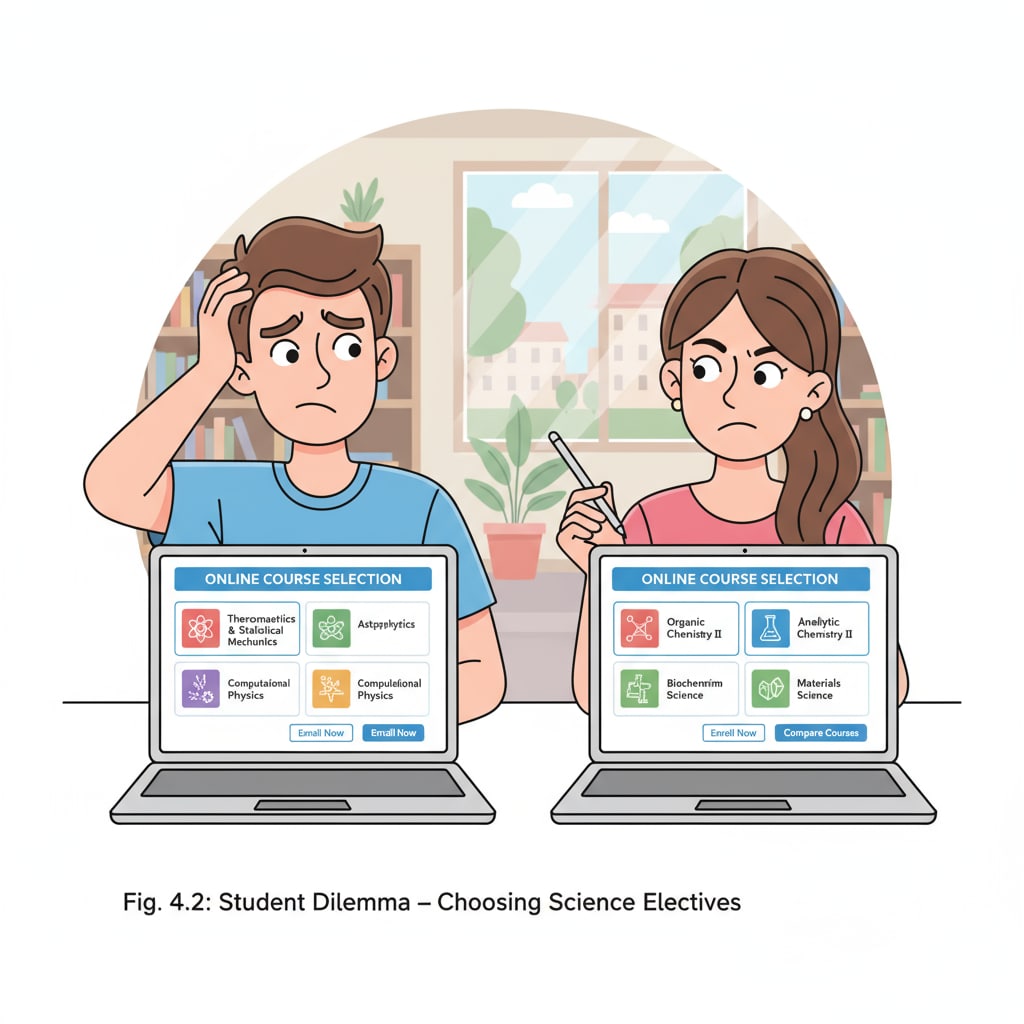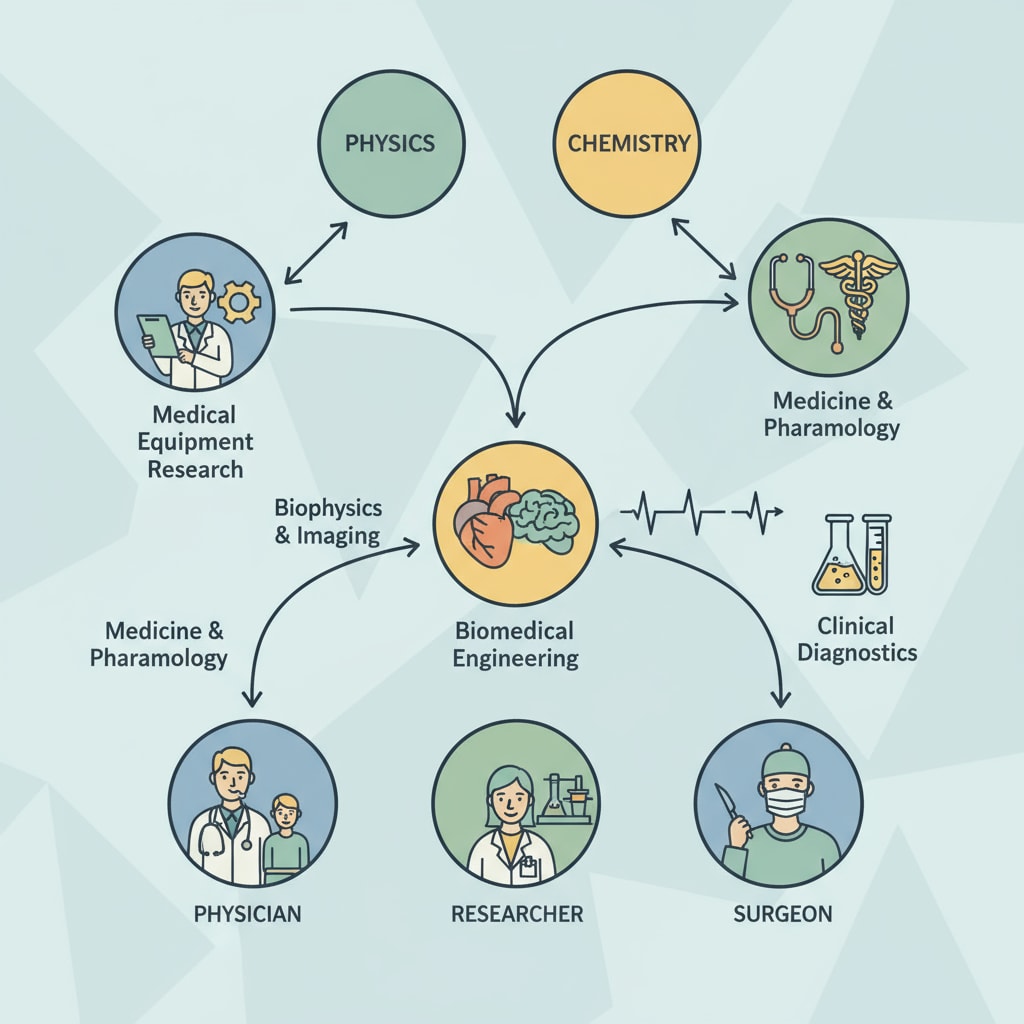In the modern era of education, high school students are increasingly turning to online learning platforms to enhance their understanding of complex subjects like physics and chemistry, which also have implications in the health field. However, the abundance of options presents a significant dilemma. How does one choose the right online course for these two crucial subjects?

The Abundance of Options and the Resulting Dilemma
Online learning has revolutionized education, offering a plethora of physics and chemistry courses. Students are faced with choices from various providers, each claiming to offer the best learning experience. For example, some courses might focus on theoretical knowledge, while others emphasize practical applications relevant to the health field. This variety can be overwhelming. According to The Rise of Online Learning in High School Education, the number of online courses available for high school subjects has tripled in the past five years.
Balancing Academic Interests and Career Aspirations
One of the key factors in choosing between online physics and chemistry courses is aligning with academic interests and future career goals. If a student is passionate about medical research in the health field, a chemistry course with a focus on biochemistry might be ideal. On the other hand, those interested in engineering aspects related to medical equipment could benefit more from a physics course. As a result, understanding one’s long-term goals is crucial. Britannica’s article on Choosing a Career highlights the importance of this self-awareness.

Another aspect to consider is the teaching style of the online courses. Some students might thrive in a lecture-based format, while others prefer interactive sessions with quizzes and group discussions. In addition, the availability of resources such as video tutorials, practice problems, and virtual labs can also influence the decision. For instance, a physics course with a well-equipped virtual lab can enhance the learning experience for hands-on learners.
Readability guidance: By breaking down the decision-making process into these factors, students can make more informed choices. They should list out their interests, career goals, and preferred learning styles to match with the available online courses in physics and chemistry. This way, they can better navigate the complex landscape of online learning in these subjects, which are not only important academically but also have far-reaching implications in the health field.


